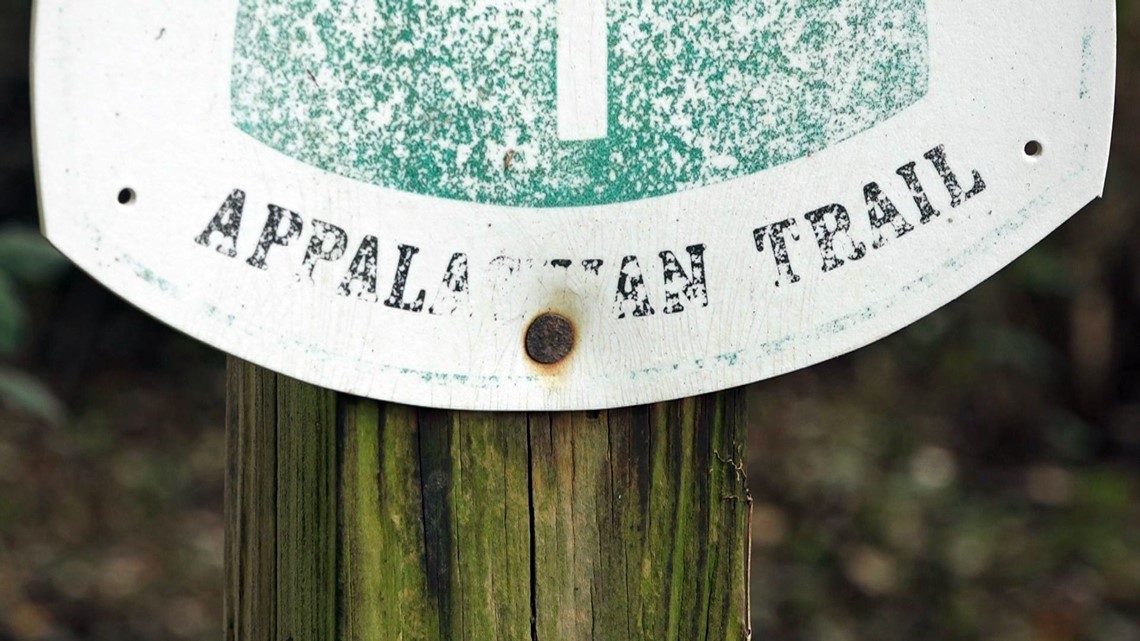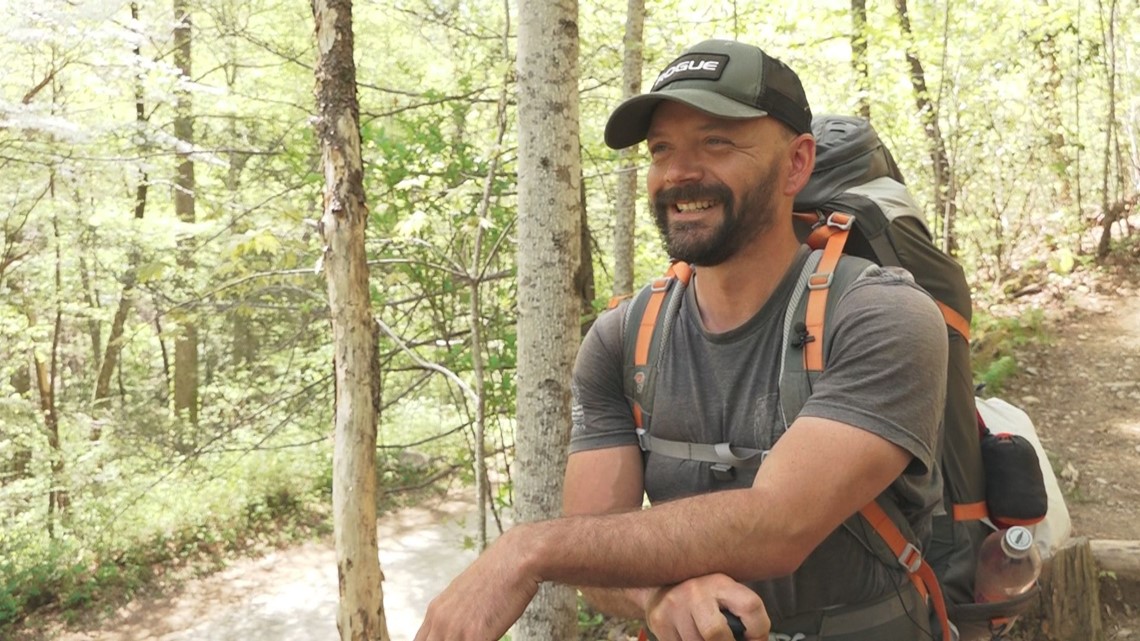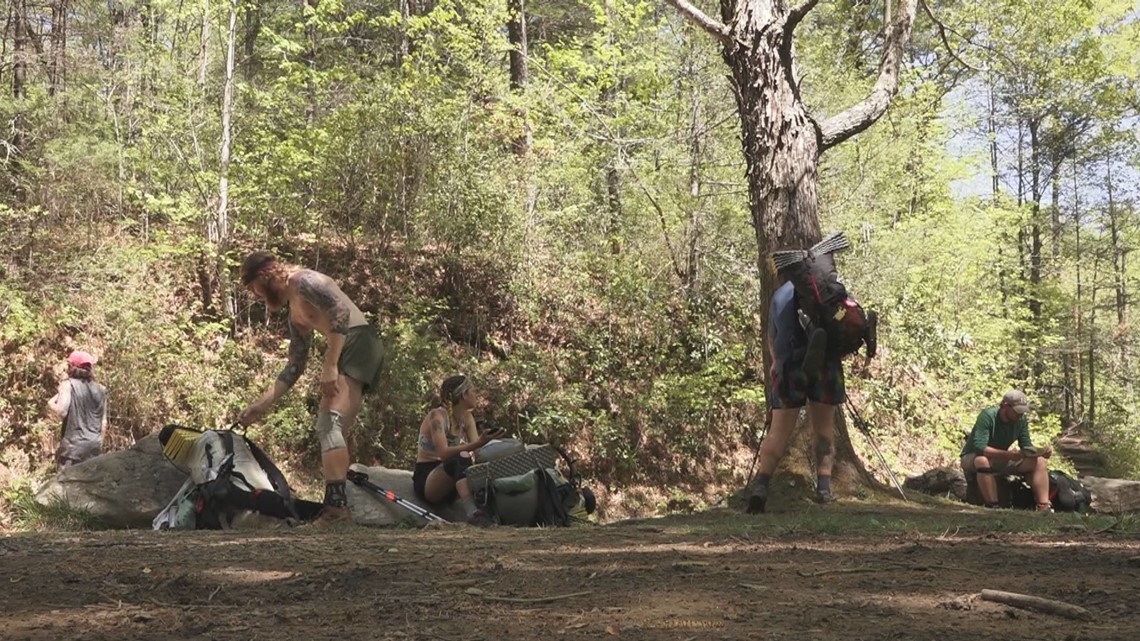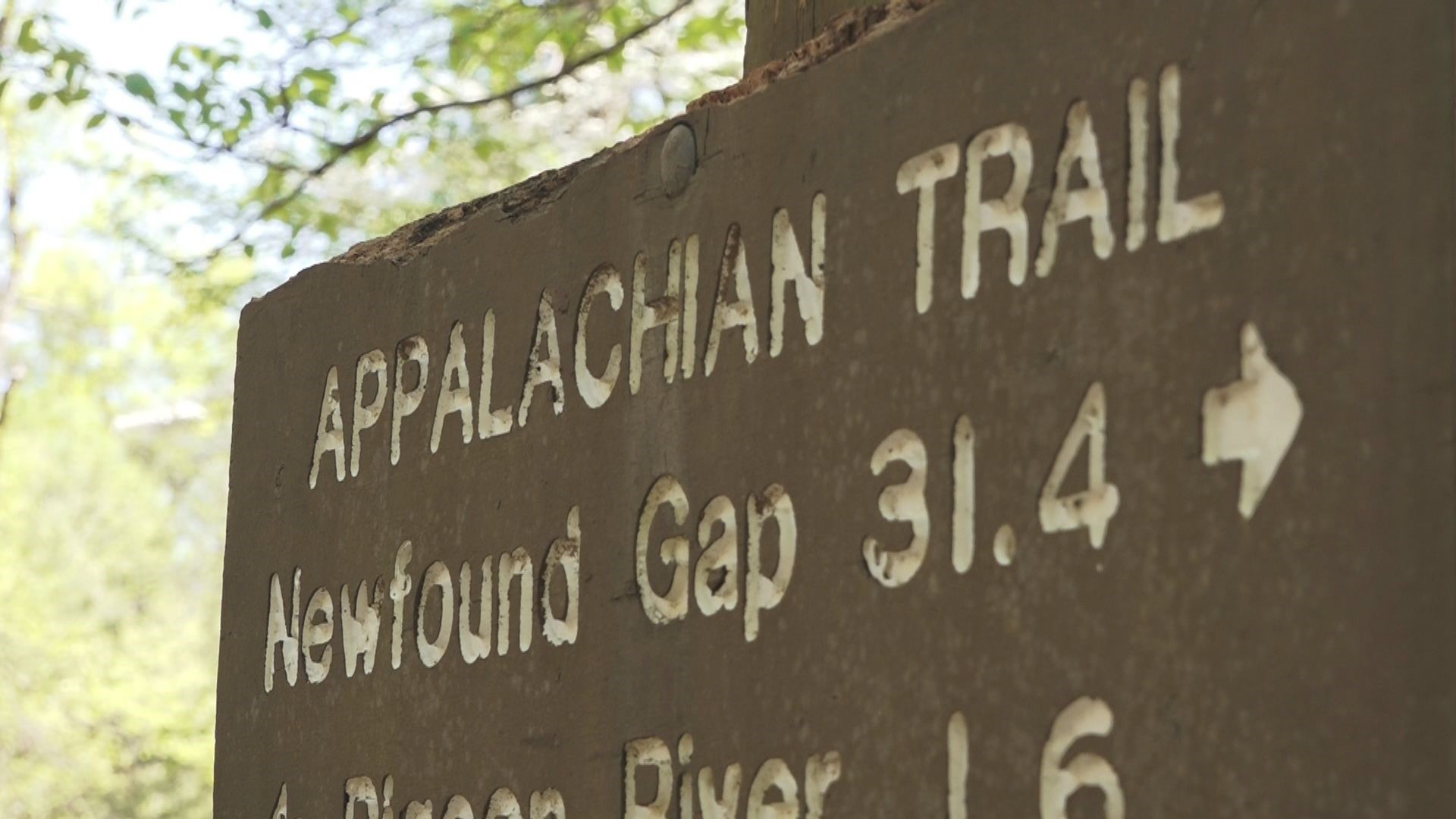COCKE COUNTY, Tenn. — Violent crimes are rare on the Appalachian Trail. Dozens of hikers WBIR spoke to Tuesday said they were surprised by the reports of a hiker posing a threat to others.
The arrest of a hiker on the Appalachian Trail in Unicoi County led to a slew of questions from WBIR viewers about safety on the popular National Park Service trail. Many wanted to know about the legality of carrying concealed weapons and firearms. The trail goes through 14 states and the laws vary depending on the location.
The simple answer is if you have a Tennessee carry permit, your gun permit is also recognized by Georgia, North Carolina, Virginia, West Virginia, Pennsylvania, Vermont, New Hampshire, and Maine. This means you can also carry guns with a permit in national parks in these states, but not inside many buildings and visitor centers.


States along the Appalachian Trail that do not recognize a Tennessee firearm carry permit include Maryland, New Jersey, New York, Connecticut, and Massachusetts.
Scott Keuhn was one of the hikers WBIR spoke to on the northeastern edge of the Great Smoky Mountains National Park. The Air Force veteran started his 2,190-mile trek about a month ago and expects to arrive in Maine in mid-September.
Keuhn said he carries a knife, but he personally thinks a gun is unnecessary.
"If it is your thing and it makes you feel safe, bring it if you have a conceal and carry [permit]. I haven't personally seen anybody with one. That does not mean they did not have one, just that I haven't seen one. It might freak some of the other hikers out," said Keuhn. "I just have a knife. Nothing much on me. A lot of people carry mace."


The Appalachian Trail Conservancy suggests leaving your gun at home due to the risk of accidental shootings. It also adds additional weight for an item many hikers find unnecessary.
For Keuhn, his first encounter with a bear at a shelter was Monday night.
"But even black bears are usually pretty skittish, unless you get between their food," said Keuhn. "My biggest safety concern is ticks and Lyme disease. I also have sanitizer and camp soap. Stomach bugs like norovirus are really contagious and can spread in shelters, so I don't eat on the shelter tables where everyone cleans their gear and prepares food."
Keuhn said he has not had any conflict with fellow hikers.
"Everybody out here has been so great," said Keuhn. "Everybody out here has their own story, doing their own thing. I've never met a violent person or anybody I would consider a violent person."


The ATC also emphasizes several key safety tips for hikers:
- Communicate your hiking plans with someone at home and frequently check in.
- Be friendly with strangers, but don't tell them your plans.
- Hiking in a group is safer than hiking alone. If you are by yourself and encounter a stranger who makes you feel uncomfortable, tell them you are with a group that is behind you.
- Use the trail registers stored at most shelters. This is one of the first places authorities will look to locate you.
- Do not bring jewelry or other valuables. Do not leave valuables in cars parked at Trailheads and do not camp near roads.
- Avoid hitchhiking or accepting rides
Read more tips at the Appalachian Trail Conservancy page on safety.

